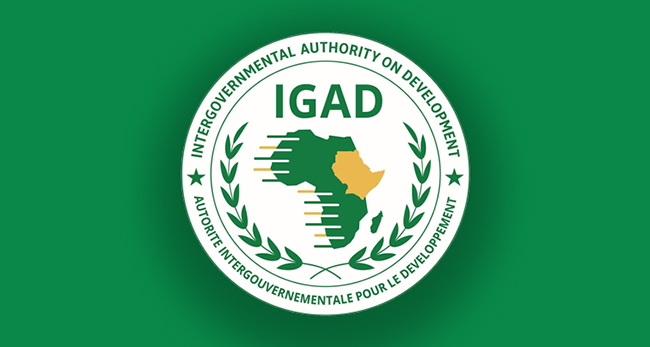Updated: 0 December 0000 00:00:00

Will the Kampala Summit Succeed Where Djibouti Failed?
Abdullah Rizk Abu Seimazah
The Intergovernmental Authority on Development (IGAD) intends to reconvene its emergency summit, originally hosted in Djibouti, in Kampala on January 18. Although this time the focus is not solely on Sudan, the summit takes the form of a response to the condition set by General Mohamed Hamdan Dagalo (Hemetti), the leader of the Rapid Support Forces, to meet with General Abdelwahab Al-Burhan, the Commander-in-Chief of the Armed Forces.
The new invitation comes in the aftermath of the regional organizations failure to bring together the two generals, who had initially agreed to the meeting with the aim of ending the war during the summit held in Djibouti on December 9. The first meeting was postponed from December 28 for officially undisclosed technical reasons. Some observers speculated that Hemettis condition for the presence of all heads of state contributed to the delay, while opposing requirements emerged from the other side.
Meanwhile, the Coordination of Civil Democratic Forces "Taqadum," led by Dr. Abdullah Hamdouk, failed to meet with Al-Burhan after its meeting with Hemetti in the Ethiopian capital, Addis Ababa. Al-Burhan, prior to the meeting, rejected the declaration of Addis Ababa, signed between Taqadum and Hemetti, which was expected to be the topic of the meeting with him.
While Al-Burhan remained obstinate and resistant, Hemetti embarked on a coordinated regional and international tour, seemingly including six African countries, where he received official receptions. He presented himself in the region and globally in a manner acceptable and consistent with the dominant regional and international mood.
U.S. State Department spokesperson Matthew Miller, who declined to comment on the tour during a press conference at the departments premises on Thursday evening, stated, "We hope that any foreign leader engaging in talks with any army or Rapid Support Forces leader sends a very clear message that there is no acceptable military solution to the conflict in Sudan. We want to see all parties return to the negotiating table. We want to see a ceasefire that is actually adhered to. We want to see all parties in this conflict cease their brutal attacks on civilians and take actions that serve the interests of the Sudanese people."
It is expected that IGAD will once again mobilize representatives from the member states, the United Nations, the United States, the European Union, and the United Arab Emirates. The summit is anticipated to include the postponed meeting between Al-Burhan and Hemetti to reach an agreement on a ceasefire and the cessation of hostilities in their last chance. This is largely dependent on IGADs ability to convince the two generals or compel them to accept a halt to the war. The success of the Kampala Summit is eagerly awaited to achieve what the Djibouti Summit fell short of. However, former Foreign Minister Ambassador Ibrahim Taha Ayoub cast doubt on that, asserting in a recent radio interview, "IGAD has not and will not make progress on the issue of a ceasefire in Sudan." He emphasized that IGAD lacks the authority and mechanisms to hold accountable those who refuse to comply with any agreements it puts forward. He also pointed out that Saudi Arabia, the United States, and the European Union have some "influence" to impose their will, in his description, unlike the IGAD countries, which do not all desire the stability of Sudan.

